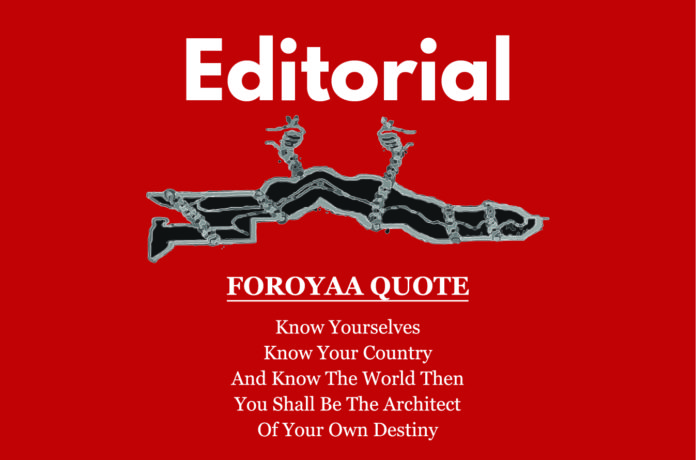The media houses are established to hold government and political leaders accountable to the public. Gambians brought about change of government to ensure that election results will reflect the undiluted choice of the people.
Many in the opposition have clamoured under the Jammeh regime that he and his fellow members of the armed forces ruling council refused to include in the Constitution the major provision required to put an end to self-perpetuating rule, mainly the two term limit.
As Gambians commence the process of reviewing the 1997 Constitution it is important for all to take note that the two term limit should be upper most in the recommendations for constitutional reform so that Gambia will never have again a president who will stay in office for more than two terms. Gambia had the experience of having a government in office which overstayed in office for thirty years and came to an end through a coup d’état. The coup makers also stayed for 22 years. This history should not be repeated.
In the same vein, the 1997 Constitution has introduced the principle of having a president who is put into office by the absolute majority principle. It made it a requirement that no one would be declared a president if he or she does not have more than 50 percent of the votes cast. The Jammeh administration removed this provision and replaced it with the simple majority principle where one could win an election without having the support of the majority of voters.
Despite this amendment of the Constitution he was still removed from office without relying on the absolute majority principle. The constitutional review should restore what was in the Constitution, otherwise, the Barrow administration would not be able to leave a progressive legacy. Foroyaa will interview all the political leaders to find out where they stand on key recommendations on the constitutional reform agenda.

















